Mercedes-Benz Cars is endeavouring to become a leader for electric mobility and the digital experience. The division is creating the essential preconditions for becoming all-electric, with ambitious product development goals and the market launch of new locally emission-free and software-driven technologies. The pace of the transformation is determined by market conditions, infrastructure and consumer behaviour.
Mercedes-Benz can flexibly offer vehicles with both all-electric drives and electrified high-tech combustion engines into the 2030s. To this end, production has been set up to be flexible in terms of drive systems. Efficiencies between new and existing model series are sustainably utilized for the further development of the product ortfolio.
With the Ambition 2039, our entire new vehicle fleet is to become along the entire value chain and over the vehicles' entire life cycle. As early as 2022, the company's own Mercedes-Benz passenger car and van plants worldwide will produce in a CO₂-neutral manner. This includes more than 30 passenger car and van plants and also includes the battery factories.
,xPosition=0,yPosition=0)
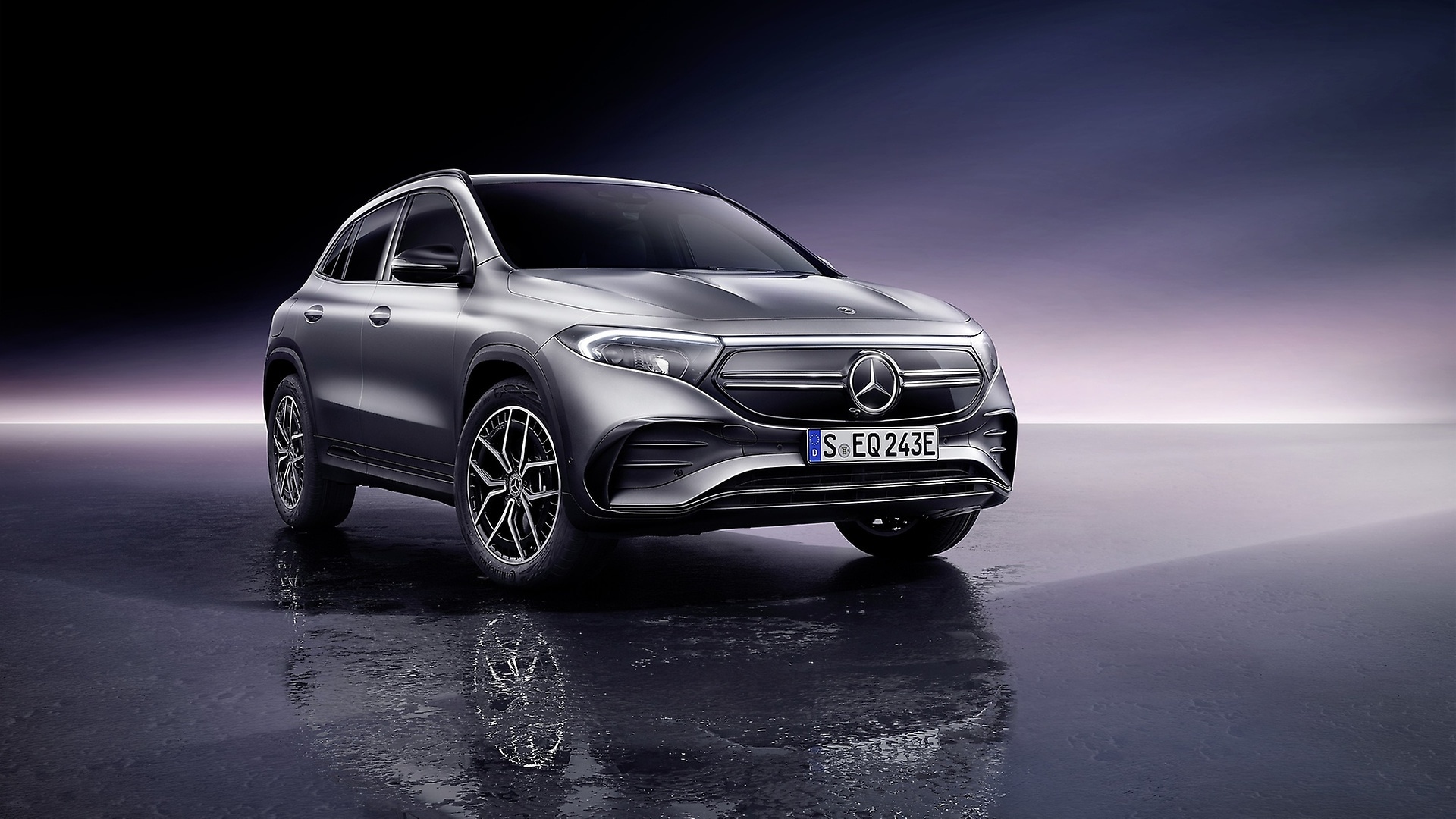
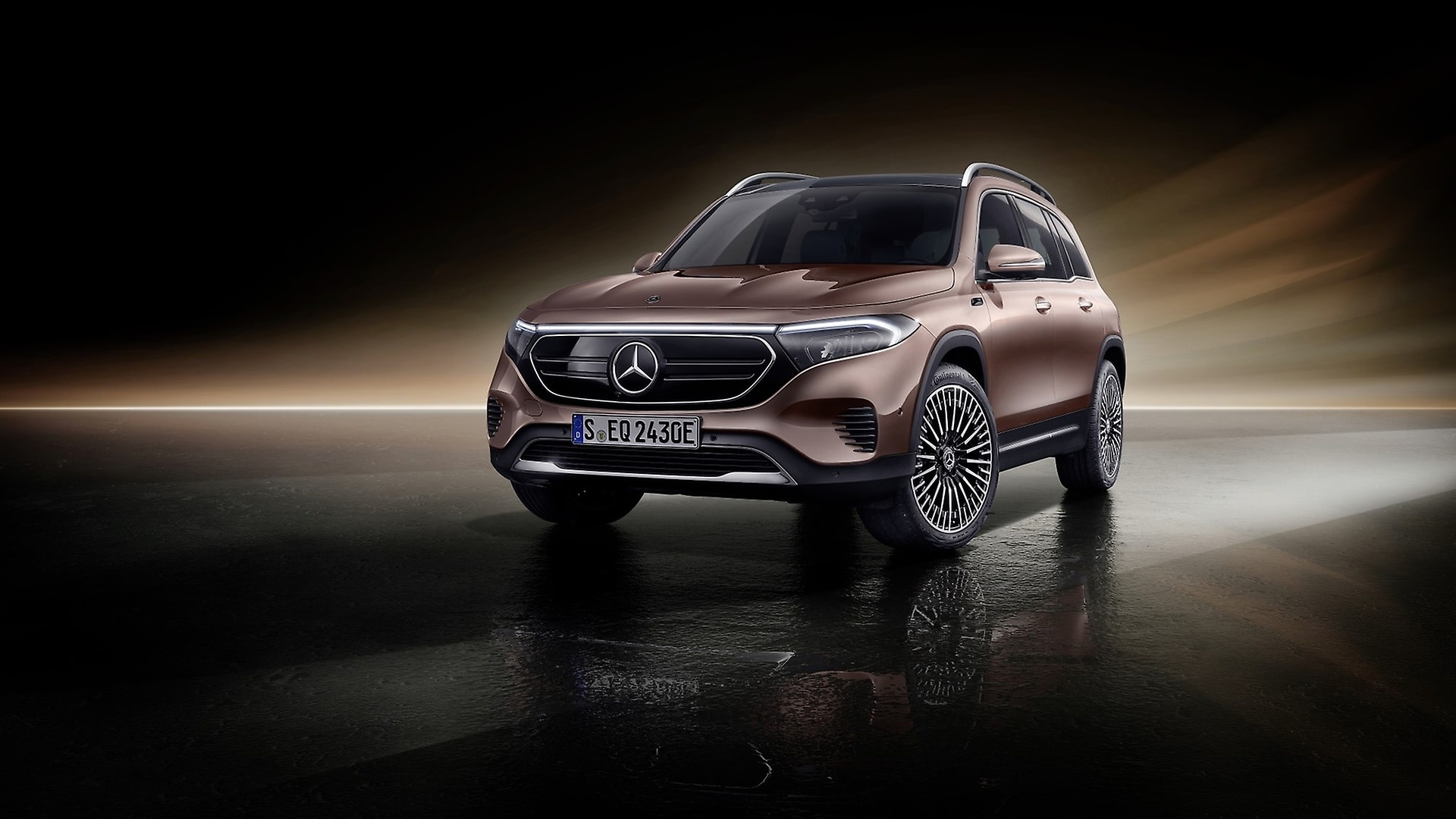

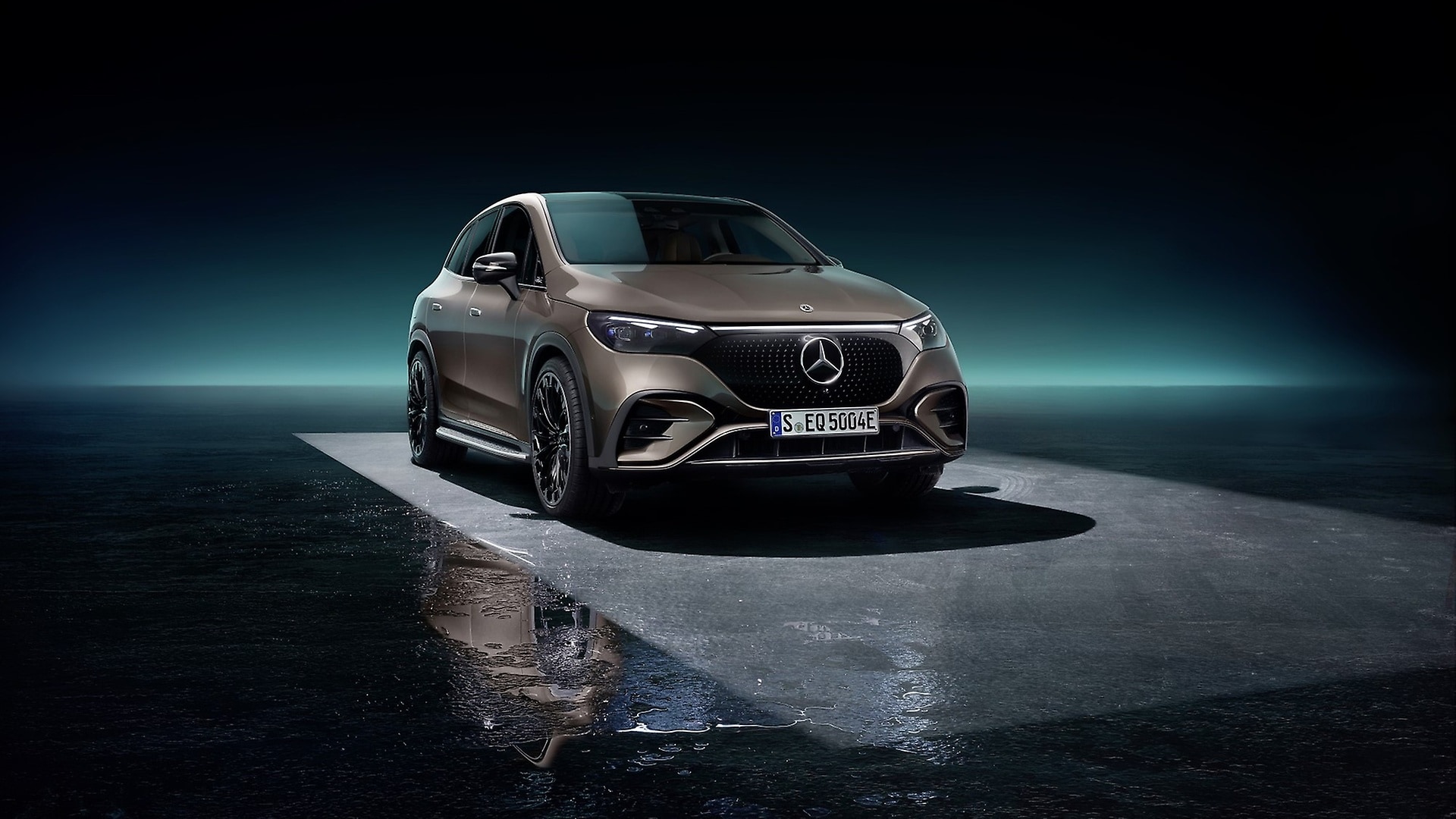
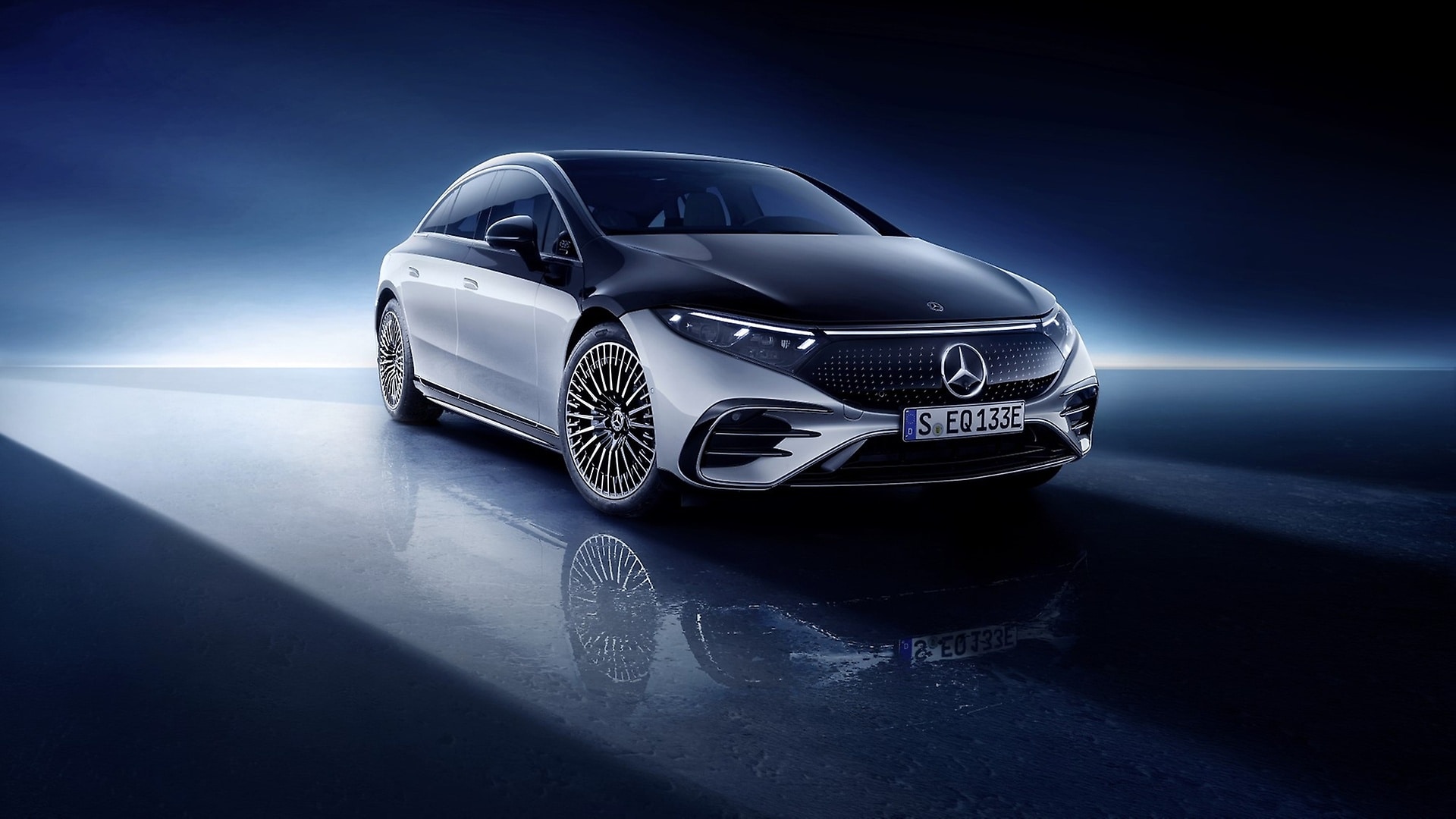
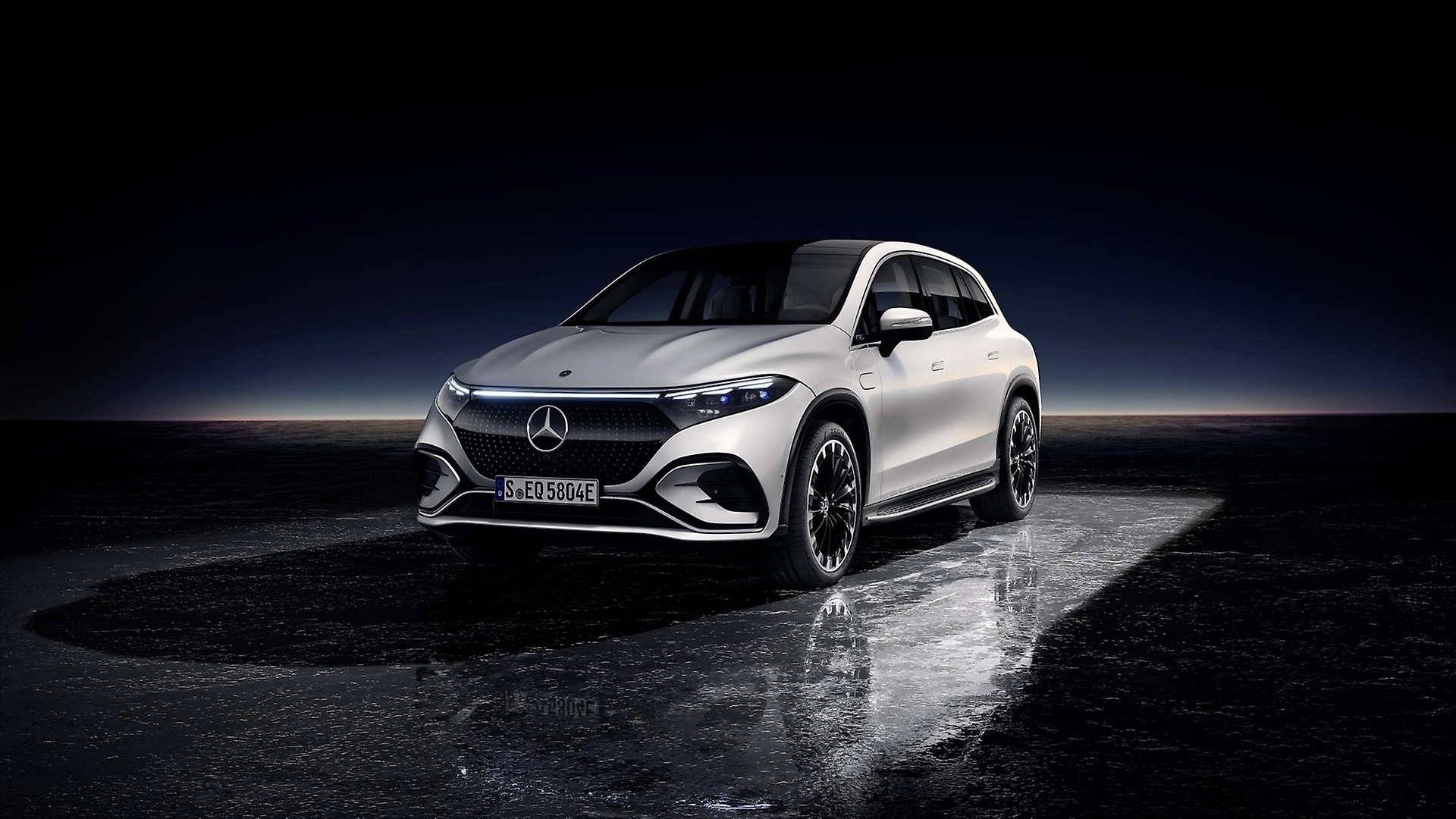
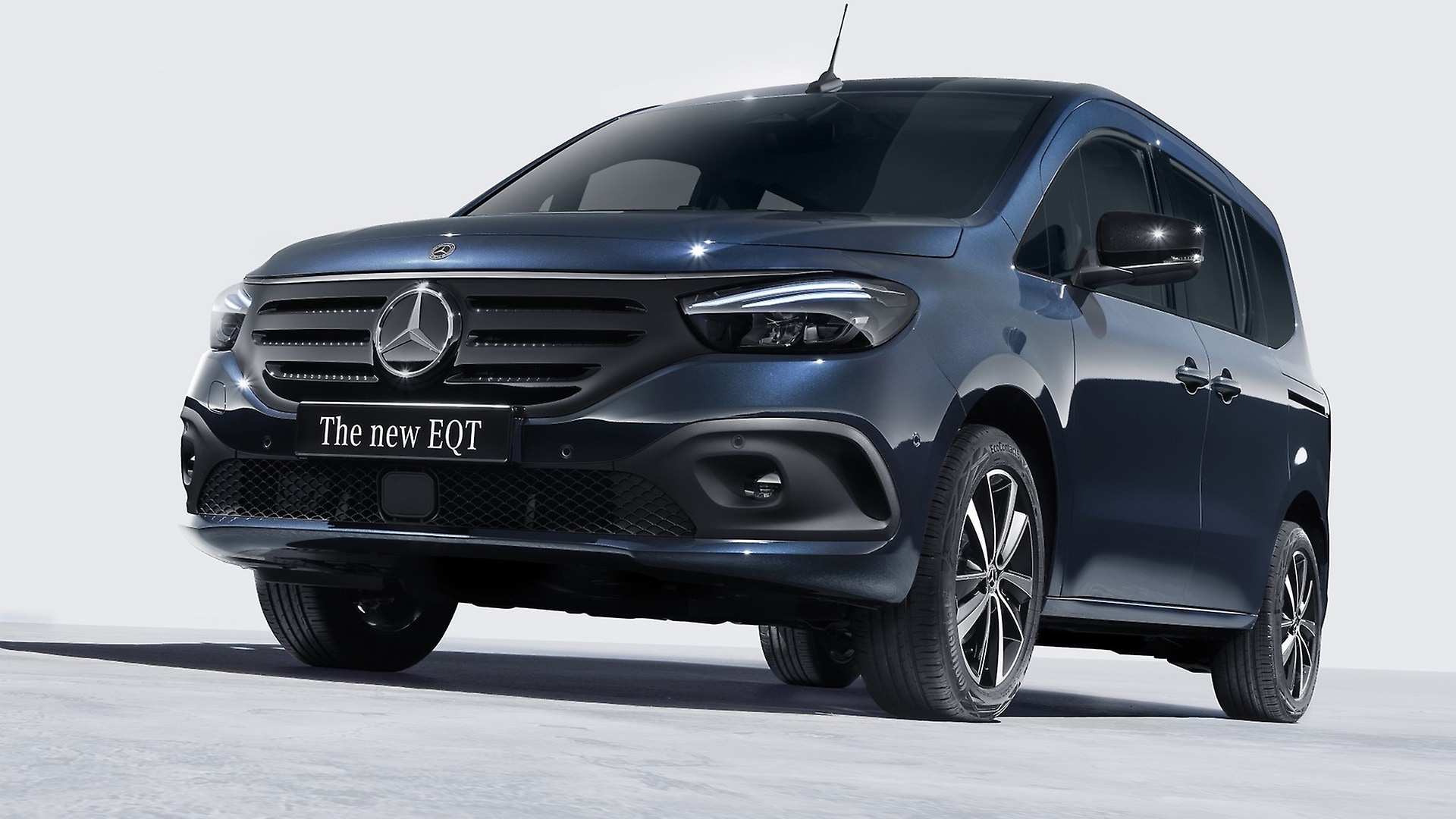
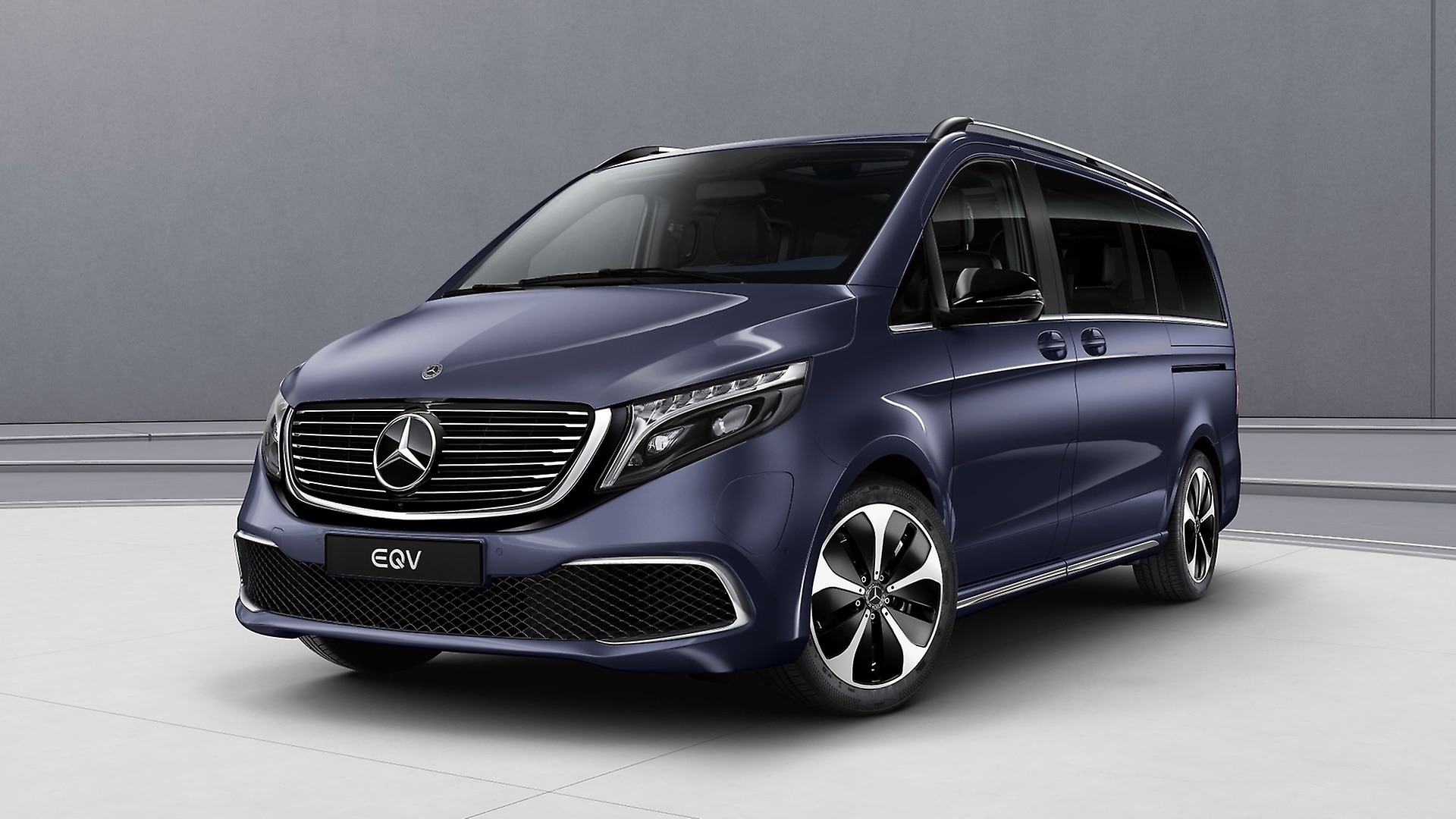
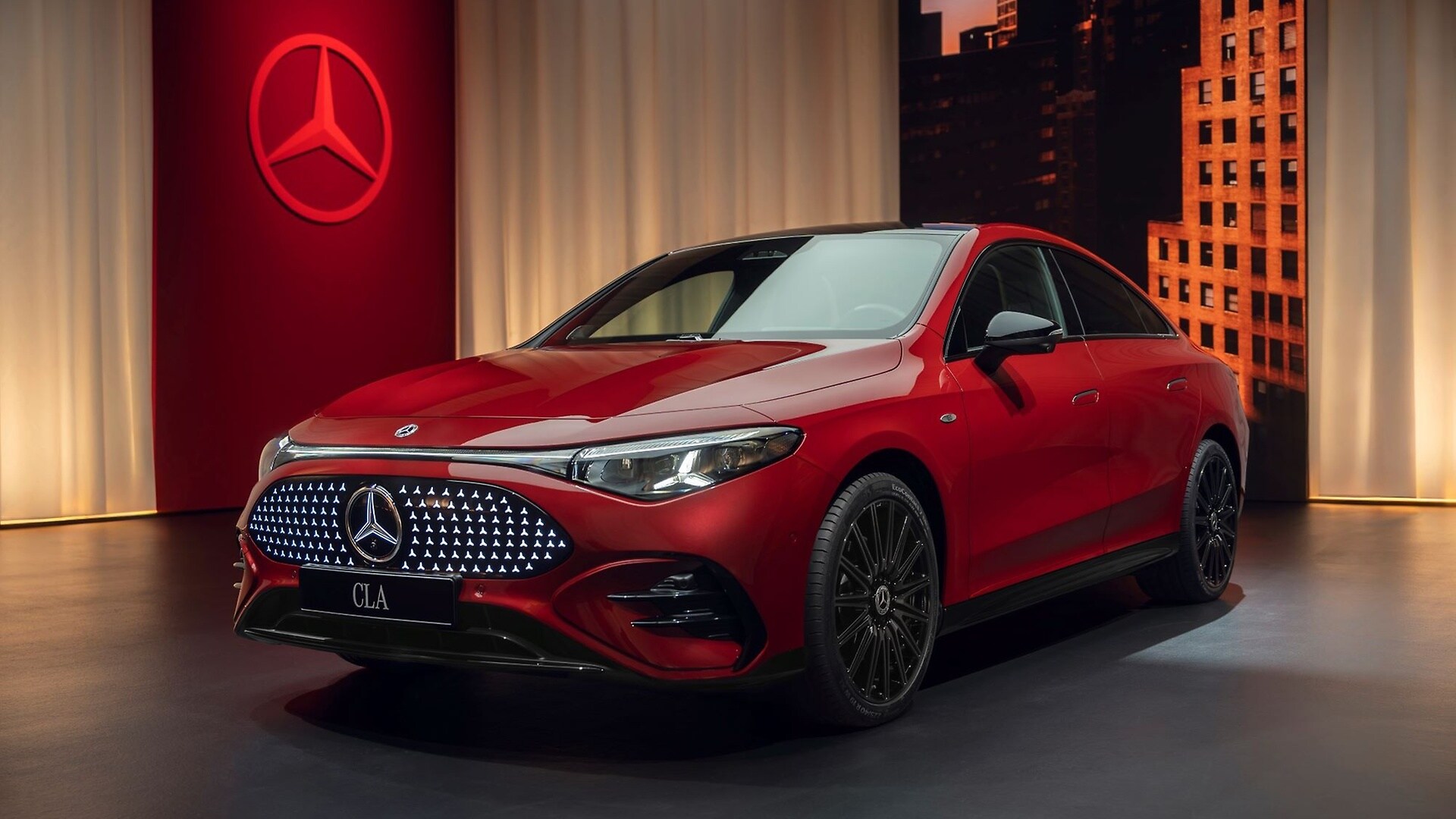
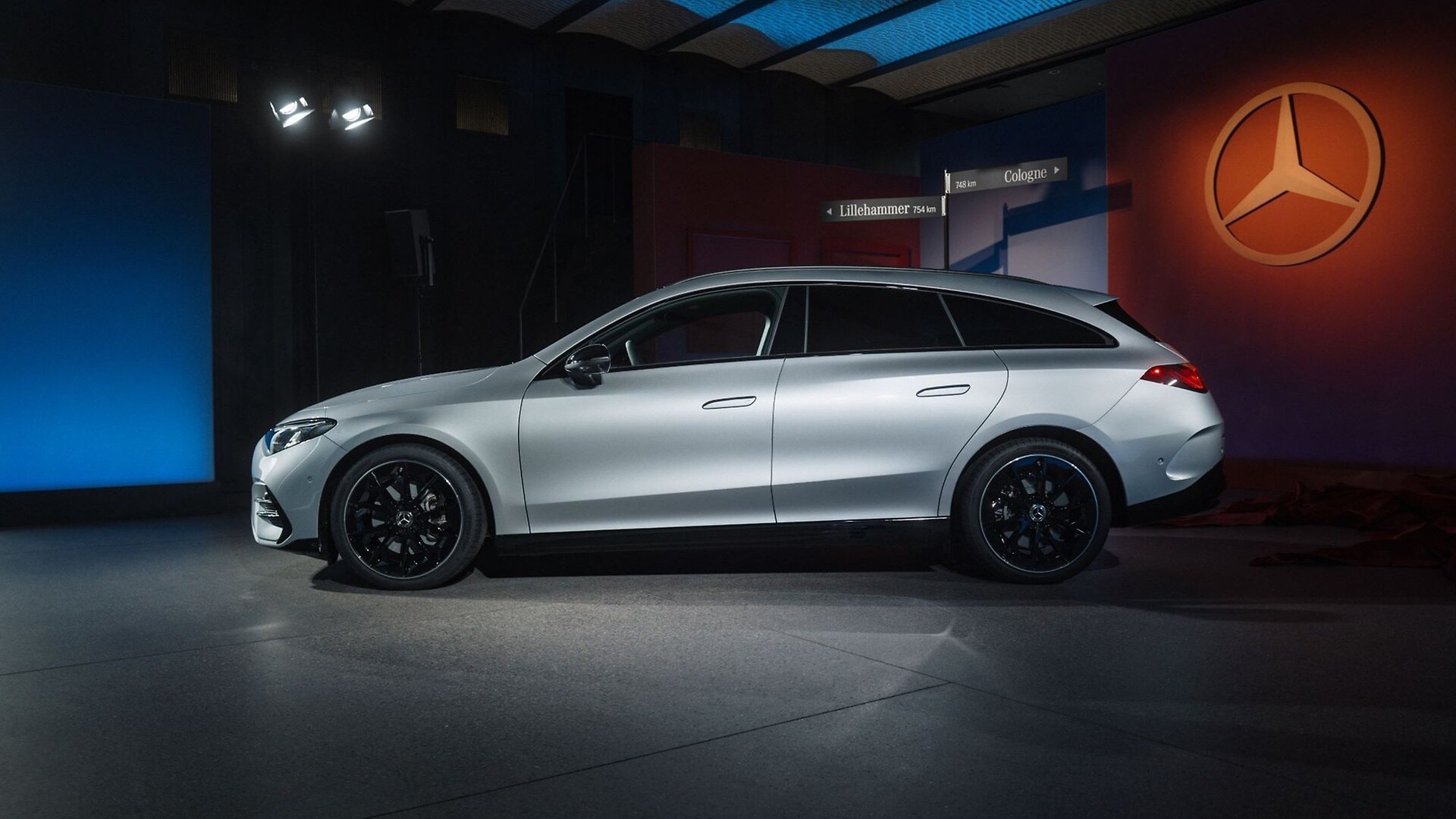

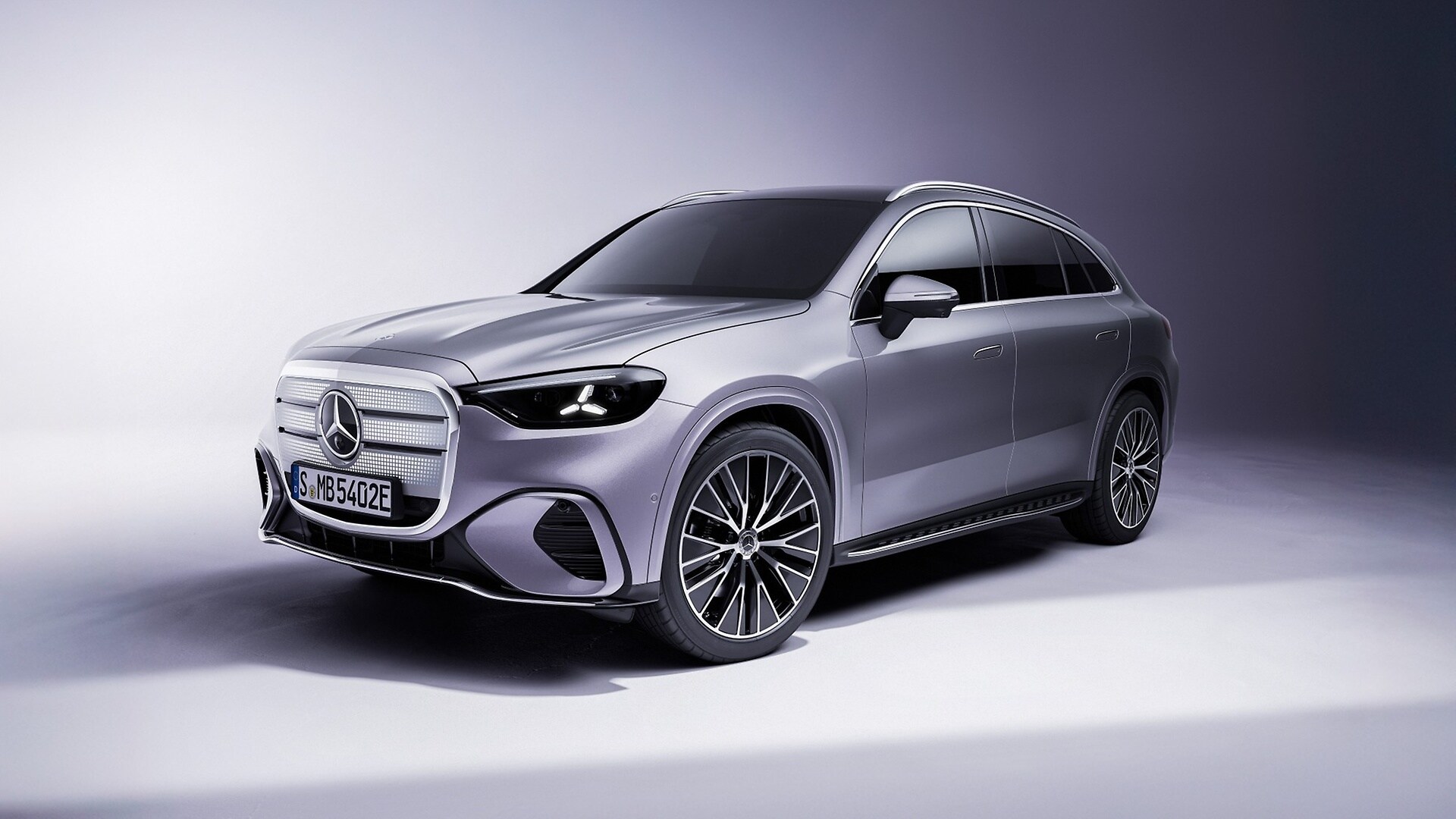
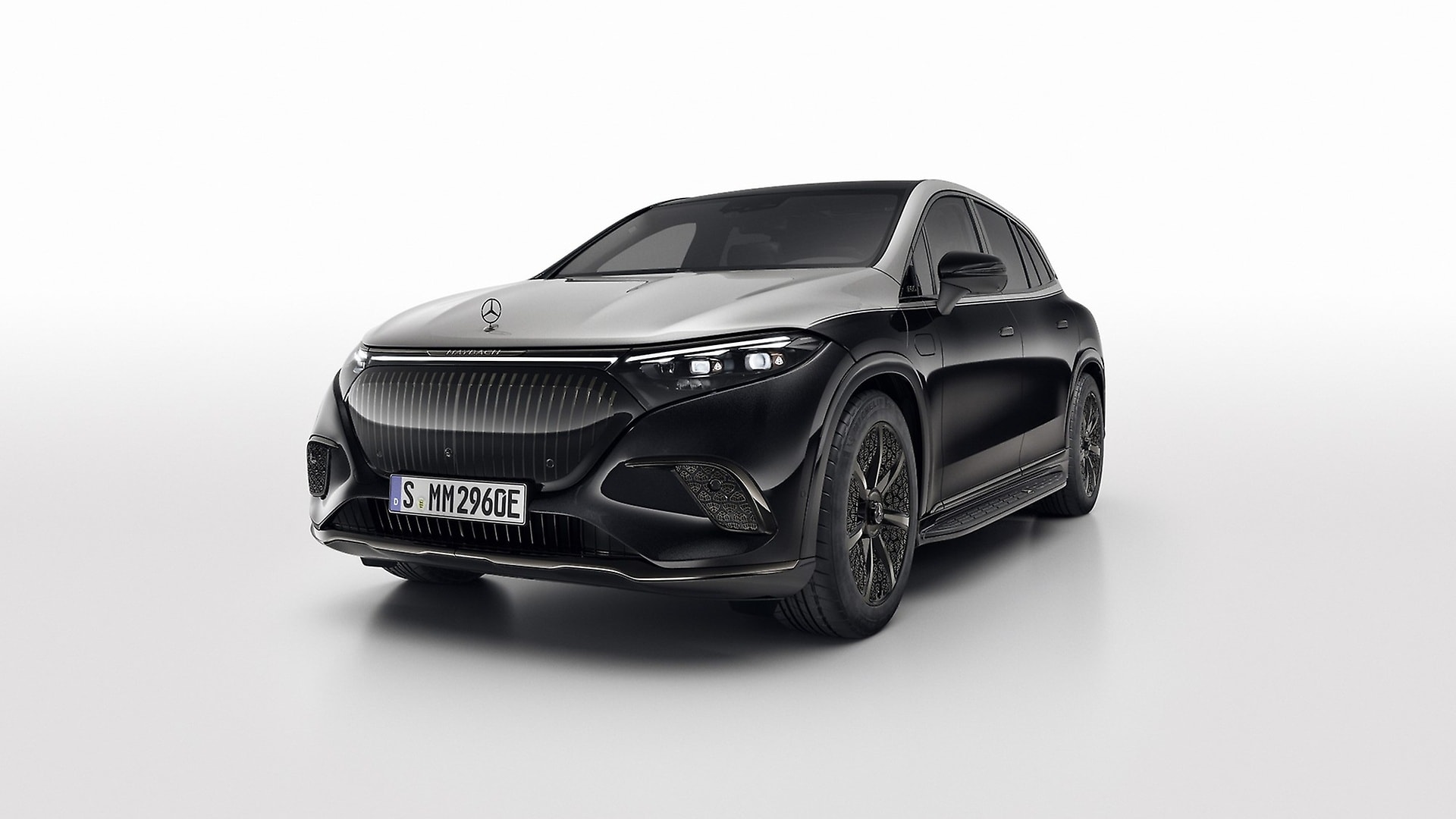
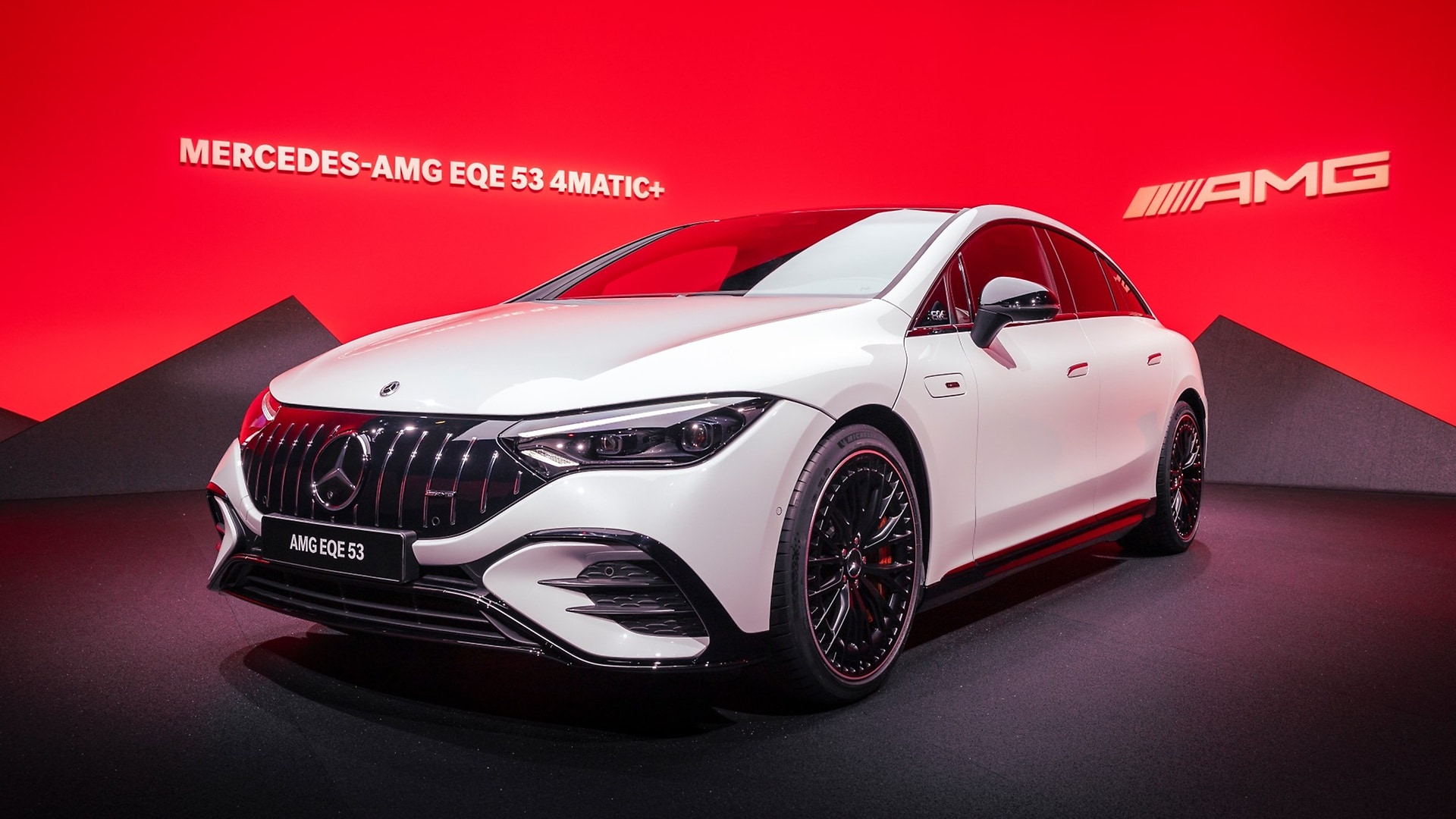
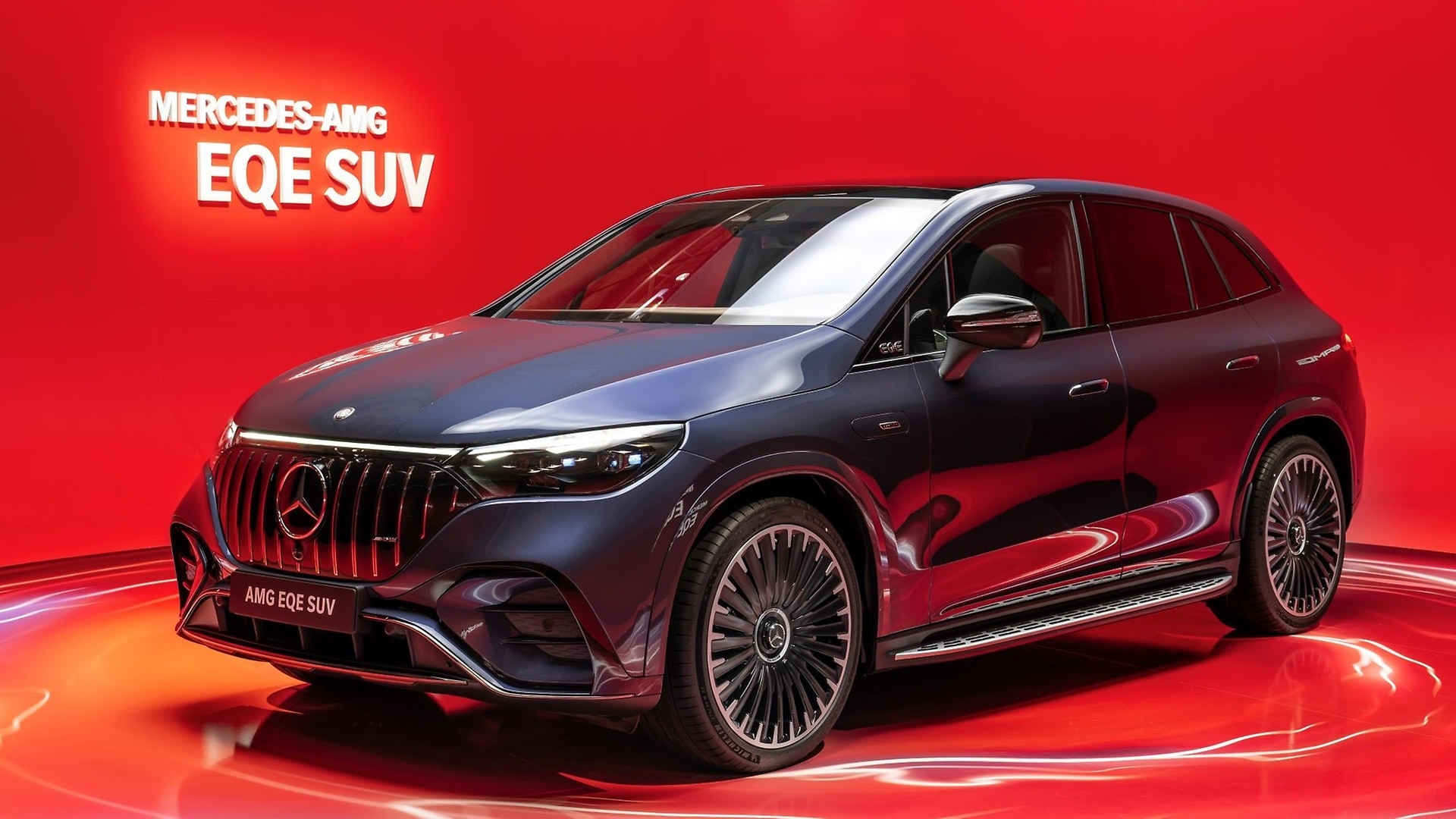
,xPosition=0.5,yPosition=0)